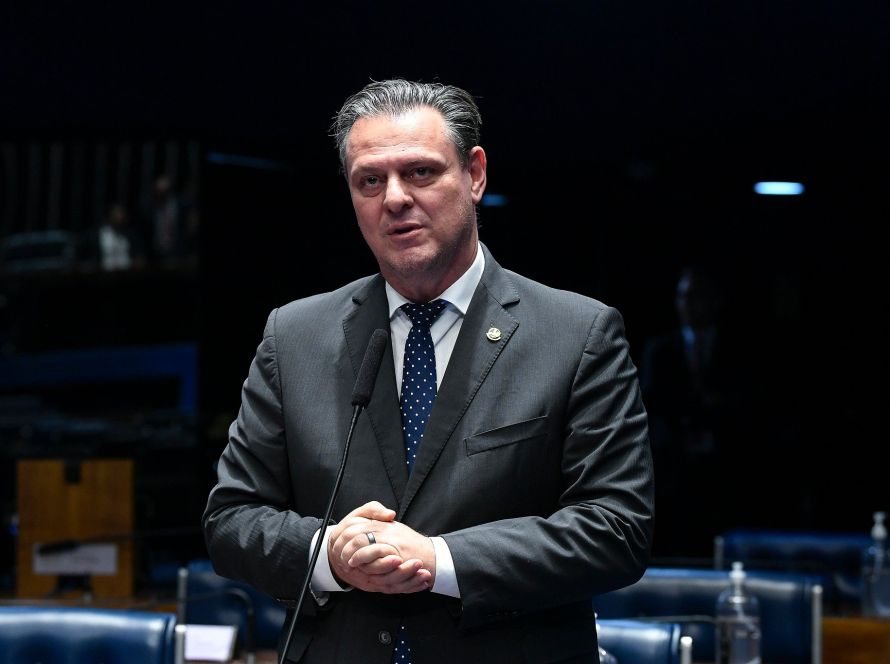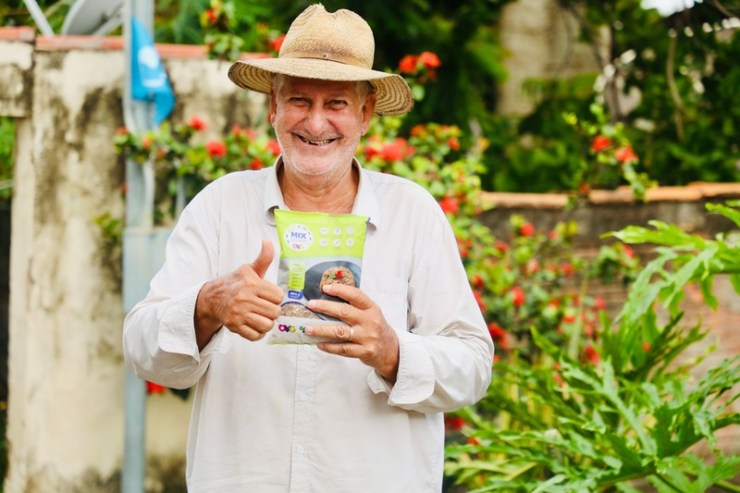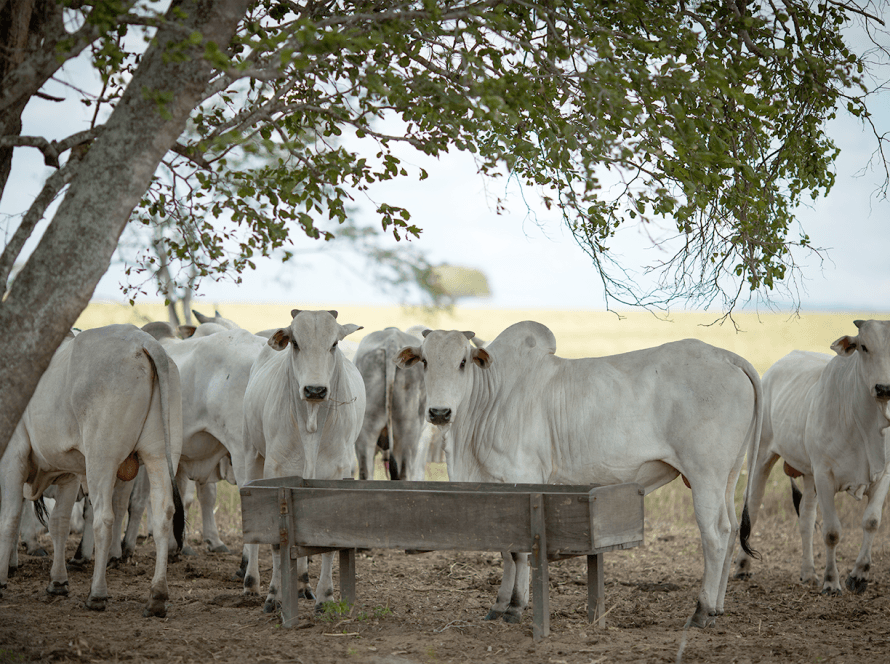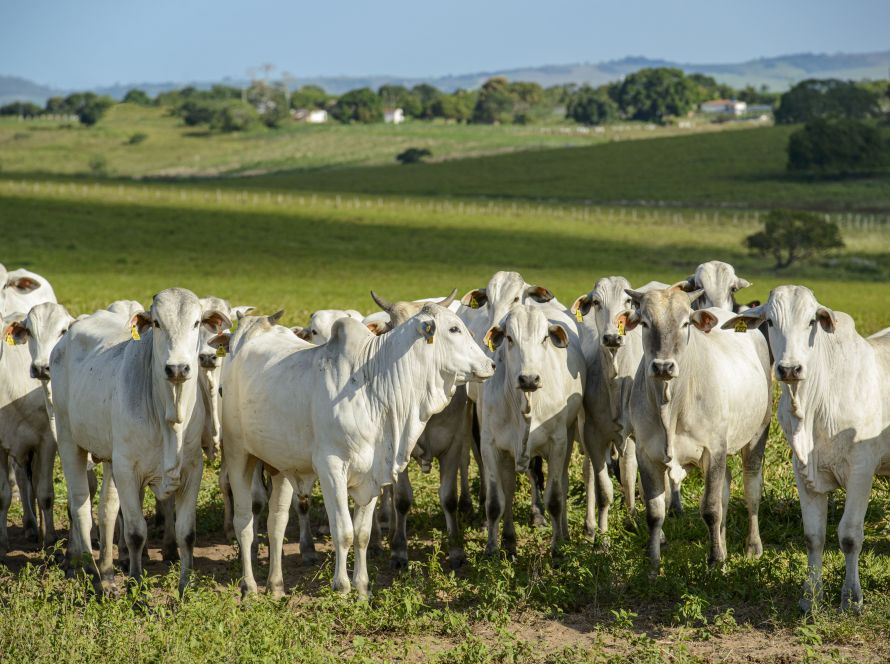The Mato Grosso Soybean and Corn Producers Association (Aprosoja MT) expresses concern about the 2025/26 Harvest Plan announced this Tuesday (01.07) by the Federal Government. With interest rates close to the current Selic rate, rural credit becomes practically inaccessible for most producers, especially at a time of high debt in the countryside.
Although the total volume announced is R$516.2 billion, a significant portion of the R$185 billion will be raised via Rural Product Notes (CPR) backed by Agribusiness Credit Letters (LCA), private instruments that do not have controlled rates. By excluding this portion, the volume of available resources suffers a nominal reduction of R$17.31 billion.
In practice, the controlled amounts, the amount with fixed interest, increased by 5% in relation to the previous plan, which represents a decrease of 0.32% in real terms, when adjusted for inflation accumulated in the last 12 months. In addition, part of these resources is already committed to financing from the previous harvest.
The R$69.1 billion earmarked for Pronamp maintains differentiated interest rates, but does not correct inflationary losses. In the agricultural sector, controlled investments of R$79.93 billion also showed insufficient nominal growth, while the R$21.6 billion in free resources were reduced by R$311.4 billion and continue to be subject to more onerous guarantees.
“In practice, we have less money available to hire,” warns the president of Aprosoja MT, Lucas Costa Beber, highlighting that marginal increases do not compensate for the erosion of producers’ purchasing power.
“Considering that in the last Harvest Plan only 70% of the announced value actually reached the producer and that the corporate costing line in which the majority fit, had its rate increased from 12% to 14%, the gradual decline in its efficiency is evident”, highlighted the administrative director of Aprosoja MT, Diego Bertuol.
The new Plan also announces a rate of 10% per year for Pronamp and between 8.5% and 14% for other financing and investment operations, depending on the size and purpose of the financing. For many small and medium-sized producers, these rates make access to credit unfeasible, especially when a large part of the budget needs to be allocated to paying off previous debts.
Furthermore, agricultural financing credit now requires compliance with the recommendations of the Agricultural Climate Risk Zoning (Zarc), an instrument that is frequently out of date in relation to agricultural practice.
Based on studies of the storage deficit, Aprosoja MT had suggested increasing the budget for the Warehouse Construction Program (PCA) to R$1.5 billion, with easier conditions for small and medium-sized producers. However, the government allocated only R$3.7 billion for structures of up to 12 thousand tons, at a rate of 8.5% per year, and R$4.5 billion for larger structures, with interest of 10%.
From a sustainability perspective, the entity had requested an incentive in the rebate and 1 percentage point in interest rates for producers who participate in continuous improvement programs recognized by the Ministry of Agriculture and Livestock (MAPA). However, the government granted only 0.5%, without promoting in practice sustainable initiatives as they have been promoting.
“Some of the announced parameters seem unfeasible given the economic scenario. The government needs to review its growing spending. Fiscal adjustment is essential for monetary tools to work in favor of food production, which seemed to be a concern for the executive just a few days ago,” says Lucas Costa Beber.
Aprosoja MT emphasizes that, apart from the advertising material, the 2025/26 Harvest Plan has not brought significant progress and that excessive regulation will harm the effectiveness of public policy. The entity will continue to act in defense of a concrete and feasible national agricultural policy, in accordance with the Federal Constitution, so that resources effectively reach properties and so that rural producers have access to credit under fair conditions.





